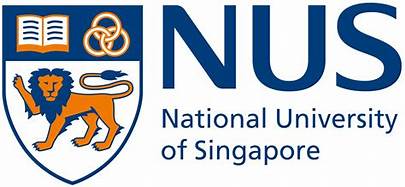User Login





 Singapore is a thriving metropolis offering a world-class infrastructure, a fully integrated island-wide transport network, dynamic business environment and a rich culture. Over the years, Singapore has made significant strides in many areas and has attracted an encouraging number of international accolades which recognise the city as vibrant and world-class.
Singapore is a thriving metropolis offering a world-class infrastructure, a fully integrated island-wide transport network, dynamic business environment and a rich culture. Over the years, Singapore has made significant strides in many areas and has attracted an encouraging number of international accolades which recognise the city as vibrant and world-class.
According to the Malay Annals, the founding of the city of Singapore in the 13th century began with Sang Nila Utama, a prince of Palembang, who was shipwrecked and washed ashore to an island. There he saw a creature which he believed was a lion. Taking it to be a good sign, he founded a city, naming it "The Lion City" or Singapura, from the Sanskrit words "simha" (lion) and "pura" (city).
Sir Stamford Raffles' arrival in Singapore in 1819 was one of the "key turning points" that changed Singapore's trajectory from a sleepy fishing village to a modern cosmopolitan city.
 The National University of Singapore (NUS) is the oldest institute of higher learning in Singapore. Its achievements and influence in global research and
education have made it one of the world's most prestigious universities. NUS is a comprehensive research university with an entrepreneurial dimension, and offers
a wide range of disciplines, including the sciences, medicine, engineering and computing in both undergraduate and postgraduate education.
The National University of Singapore (NUS) is the oldest institute of higher learning in Singapore. Its achievements and influence in global research and
education have made it one of the world's most prestigious universities. NUS is a comprehensive research university with an entrepreneurial dimension, and offers
a wide range of disciplines, including the sciences, medicine, engineering and computing in both undergraduate and postgraduate education.